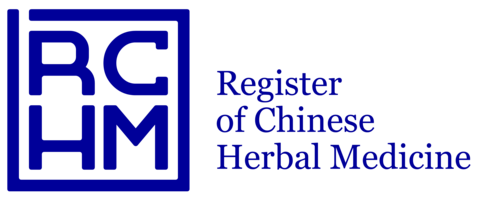Herbal medicine and acupuncture tend to be the dominant elements in the practice of Chinese Medicine (CM), but depending on a practitioner's training and interests, a patient's treatment programme can also feature Chinese massage (Tui Na), lifestyle advice and dietary therapy, and movement therapies (Tai Chi and Qi Gong). As with any element in the CM system, the emphasis in these complementary practices is on ensuring good health by restoring order and balance in the body, and encouraging the body’s ability to heal itself.
As with herbal medicine and acupuncture, there are no standard prices for these treatments. What you'll be charged will depend on the practitioner, the part of the country you live in, and how many sessions might be needed overall – you should always ask about costs before booking your first appointment (discussing costs upfront is part of the RCHM's Code of Ethics, so any member practitioner should be happy to do so).
Chinese massage
Tui Na (Chinese massage) is widely used in state hospitals in China for the treatment of many pain-related conditions that might in the UK be treated by a physiotherapist or osteopath/chiropractor, e.g. back pain, arthritis and RSI. Tui Na practitioners use particular hand techniques to release tension in areas of soft tissue at strategic points in the body, aiming to correct the legacy of any dysfunctional movement pattern, and allow the musculoskeletal system to reset. This is not a harsh form of massage: Tui Na training equips practitioners to combine strength with sensitivity, and to enable the body to relax and accept change. Treatment with Chinese massage will also feature the correction of any dysfunctional movement patterns.
Lifestyle advice and dietary therapy
In Chinese Medicine, having the right habits in terms of how one lives and, crucially, how one eats, is a central aspect of maintaining good health. Following ideas and principles built up over centuries, a CM practitioner can advise patients how to say healthy – mentally as well as physically – by adopting Chinese principles that offer guidance on eating, exercise, sleeping, drinking alcohol, etc. This 'do it yourself' element of CM (expressed in simple changes such as learning to stop eating before you feel full) is an important and empowering means for patients to promote their own wellbeing in the longer term.
Movement therapies
Tai Chi and Qi Gong are two practices that your Chinese Medicine practitioner may recommend you try to adopt as part of your daily routine. Originally developed as a martial art, Tai Chi is a low-impact (which is why it is often practiced by older people) fitness regime that combines deep breathing and relaxation with a series of graceful, flowing movements. It has been shown to help reduce stress, increase muscle strength in the legs, and improve posture, balance and general mobility. Qi Gong shares elements in common with Tai Chi but is described more as a form of standing meditation than 'exercise'. A series of simple movements are precisely choreographed to create a relaxed practice that both stretches and strengthens the entire body, and helps quieten the mind.



